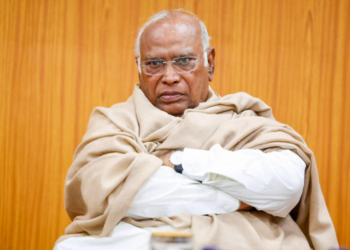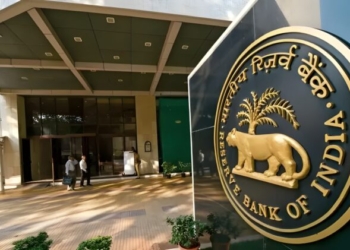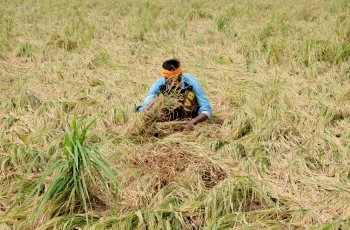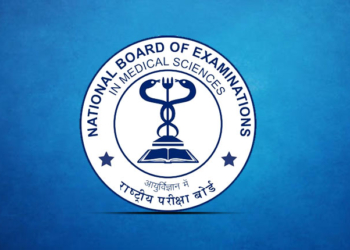New Delhi: The Supreme Court on Friday sought responses from the Union and state governments on a PIL filed against the alarming rise in cases of lynchings and mob violence done against Muslims, particularly “done by cow vigilantes”.
A bench of Justices B.R. Gavai and J.B. Pardiwala issued notice to the Centre and the Haryana, Madhya Pradesh, Bihar, Rajasthan, Odisha, and Maharashtra governments on the plea filed by the National Federation of Indian Women.
“This is a very serious matter,” urged senior advocate Kapil Sibal, who appeared for the petitioner organisation.
He submitted that approaching different high courts would not redress the situation and requires intervention of the top court.
The petition, filed through advocate Sumita Hazarika, seeks directions to the Director General of Police of the states concerned to take immediate action in lynchings and mob violence cases in accordance with the directions laid down by the Supreme Court.
It referred to a recent incident, amongst others, where a 55-year-old truck driver named Jaharuddin was allegedly lynched by a mob on suspicion of carrying beef on June 28 in Saran district of Bihar.
The plea prays for a minimum uniform compensation to be determined by the court that should be granted to the victims or their families in addition to the amount determined by the authorities.
“In most cases, minimal action of merely registering FIRs is the only thing that is done by the authorities which seems to be more of a formality than any genuine initiation of the criminal machinery,” it alleged.
The petition said that the lynching and mob violence should be seen as the result of the general narrative of ostracisation of the minority communities through false propaganda that is being spread by means of public events where hate speeches are made targeting the minorities as well as through social media channels, news channels, and films.
Further, it stated that the state has a “sacrosanct duty to protect its citizens from unruly elements and perpetrators of orchestrated lynching and vigilantism with utmost sincerity and true commitment”.
“The positive duty of the State to protect the fundamental rights and freedoms of all individuals and the primary responsibility of the State to foster a secular, pluralistic and multiculturalist social order, have been recognised by this Court in several judgments,” the plea contended.
(IANS)














